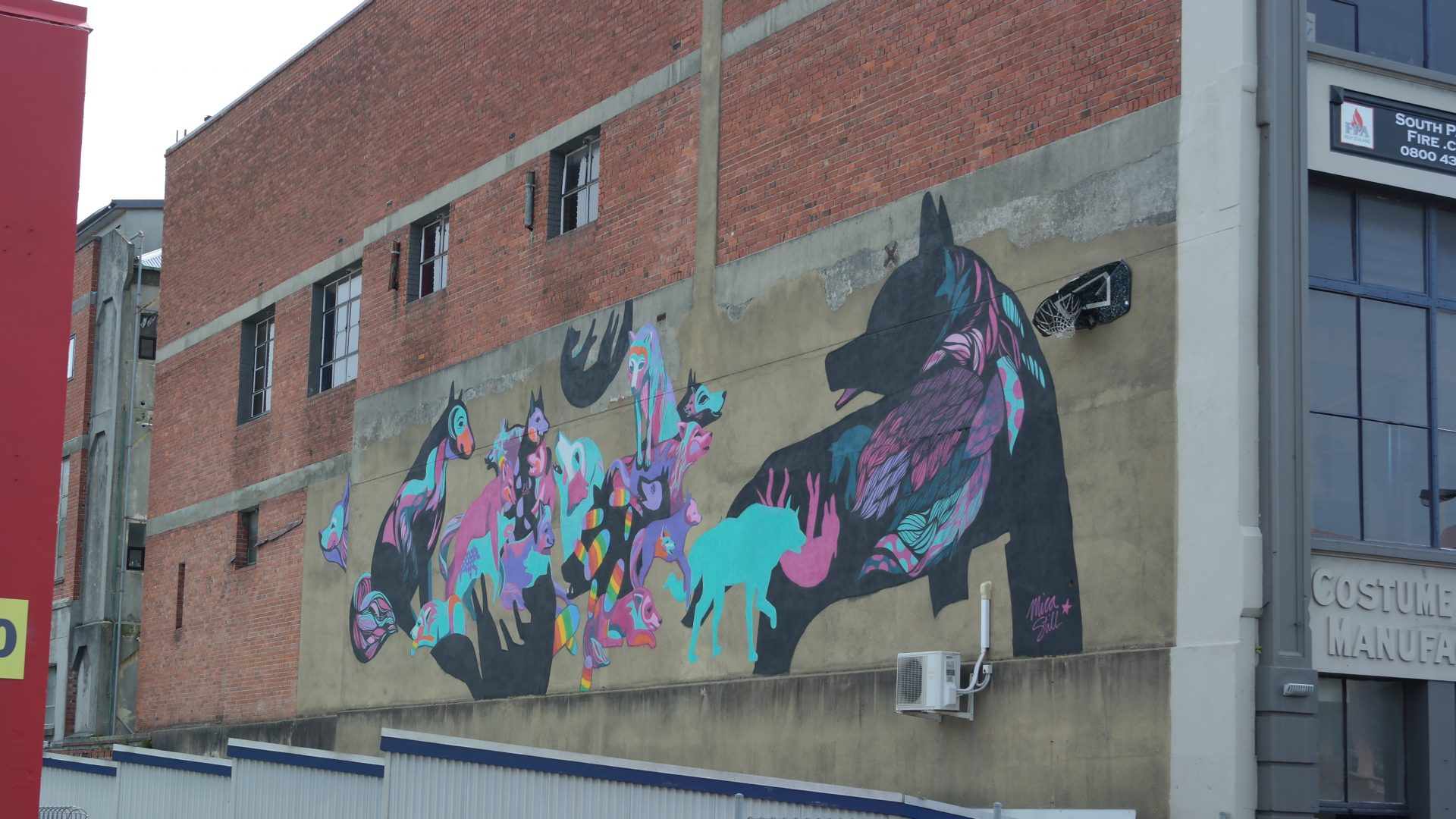Research
The visitor experience is often defined in a cyclical nature, starting from the pre-trip planning, converting destination awareness and information searches into actual behaviour and finally looking back to the holiday and evaluating the trip. Visitor management should be concerned with all aspects of this cycle, not just the on-site tourist experience. My research focus lies with three main themes: pre-trip marketing effectiveness, on-site market failures and their effects on the destination, and post-trip construction of destination loyalty.
Marketing effectiveness
Destinations can employ a variety of marketing tools in order to define and segment markets and promote their products to the desired segments. Which segmentation approaches are most effective and how to understand the specific communication needs and impacts of different segments?
Market failures
An important part of tourist attractions are susceptible to market failures. Either because there are positive (as in the case of heritage conservation) or negative (as in the case of airplane emissions) externalities not traded in the market, or because open access characteristics invite overuse of the resource. This can cause stress on the local social fabric, the ecological surrounding and lead to a non-sustainable development. How can we identify and attempt to combat these potential negative effects?
Destination loyalty
Word of mouth has consistently been found to be one of the largest influential variables towards decision making. Furthermore, loyal return visitors are an important base to build success for every company, since they require less marketing effort than new customers. Especially since the advent of Web 2.0 and user generated content, maximizing customer satisfaction in order to create loyal visitors is essential. But what influences destination loyalty? Is it merely a question of expectation confirmation?
